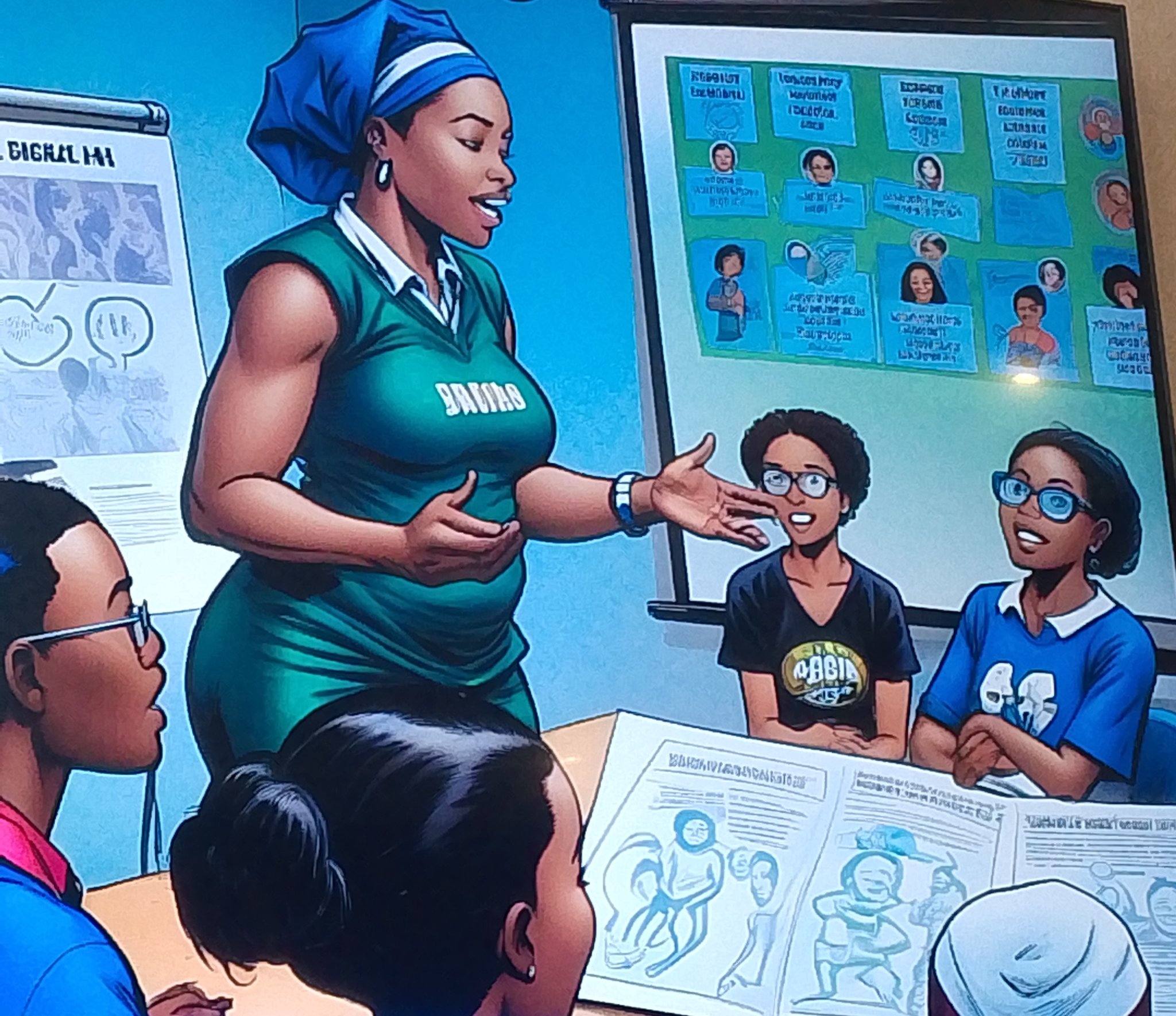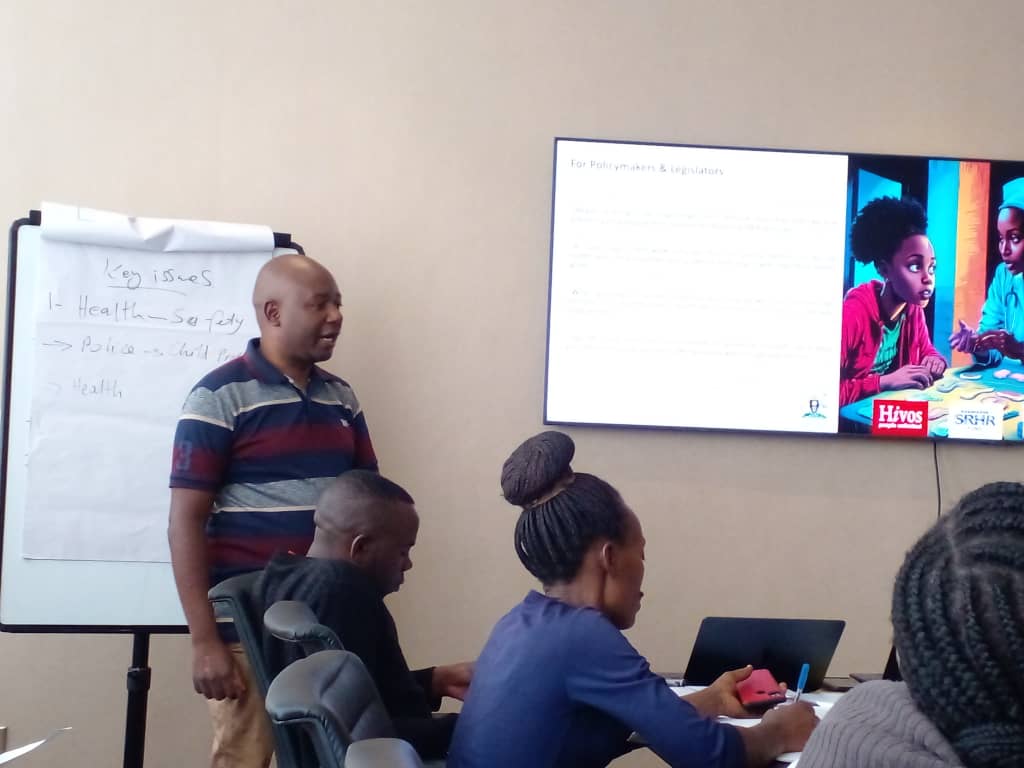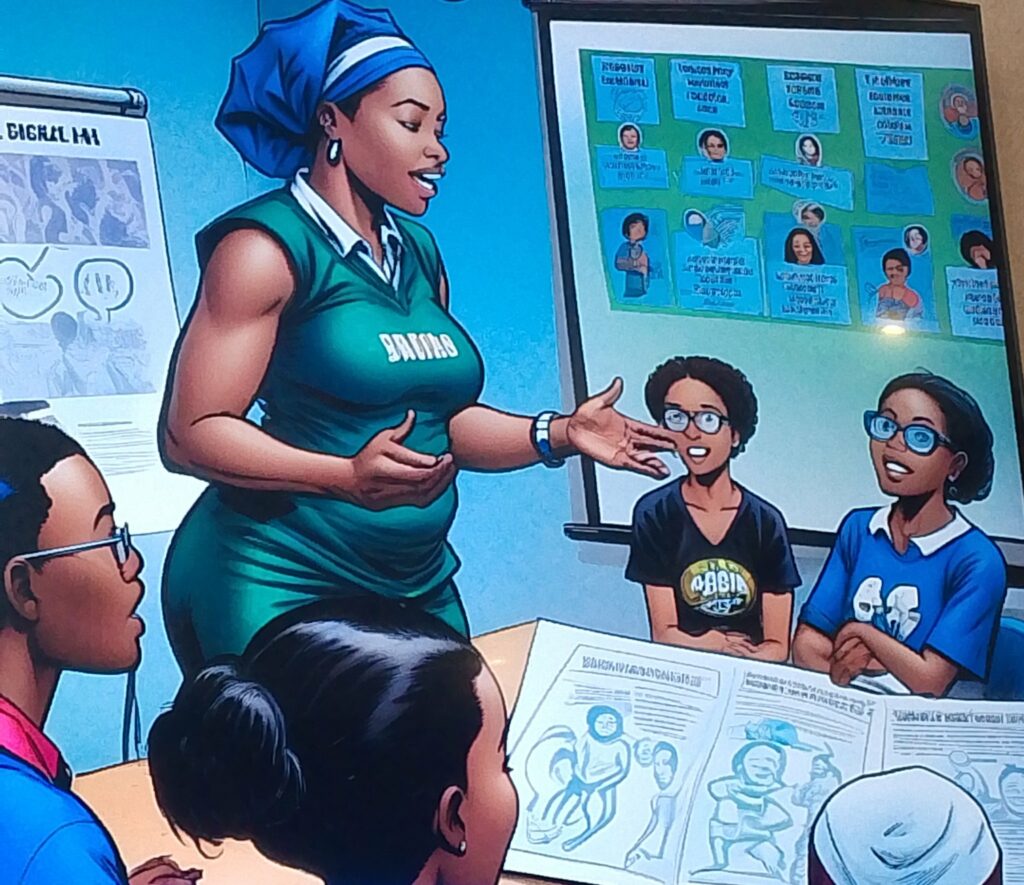
 Mama FM
Mama FM

 Mama FM
Mama FM
22 March 2025, 11:24 am
By Byamukama Alozious
The Ministry of Health, in collaboration with Youth Advocates Zimbabwe, organised a sensitisation workshop for journalists to support ongoing efforts to promote Sexual and Reproductive Health Rights (SRHR) for all adolescents.
According to Dr Roselline Achola, Technical Specialist on SRHR and Self-Care at the Ministry of Health, “Many girls face challenges in returning to school after pregnancy. We need to provide them with education and healthcare.”
The workshop aimed to change the narrative around SRHR, emphasising the need for comprehensive education and access to services for all adolescents. Tatenda Songore from Youth Advocates Zimbabwe highlighted that effective messaging can dismantle harmful narratives and foster a culture of acceptance and support for SRHR services.
Tatenda Songore further noted that some children, including minors, often face challenges such as defilement and require urgent access to SRHR services, including Pre-Exposure Prophylaxis (PrEP) and contraceptives, to restore their health. He demonstrated how journalists can play a crucial role in reporting such stories in a stigma-free and supportive manner, thereby promoting SRHR.

Uganda’s laws currently require parental consent for many sexual and reproductive health (SRH) services, creating barriers for young people. The workshop urged policymakers to remove restrictive policies and ensure that no young person is denied healthcare.
Statistics highlight the urgency of the situation. Thirty-four per cent of maternal deaths involve young women and adolescents. Additionally, 25 per cent of girls aged 15–19 have had a child or are pregnant. Teenage pregnancy rates have stagnated at 24 per cent, with 70 per cent of new HIV infections occurring among young people. Furthermore, Uganda records 730 new HIV infections every week.
Some of the key messages aimed at challenging harmful narratives include:

Dr Achola noted that they have engaged with cultural leaders, religious leaders, and government officials to foster a culture of acceptance and support for sexual and reproductive health and rights (SRHR) services. However, she acknowledged that Uganda’s policy requiring individuals to be 18 years old to access SRH services independently remains a significant challenge. Research indicates that many young people become sexually active before the age of 10, making it difficult for them to navigate the complexities of SRHR without guidance and support.
The workshop emphasised the importance of collaboration between the Ministry of Health, the Ministry of Education, and other stakeholders to ensure that SRHR services are accessible and comprehensive for all adolescents.